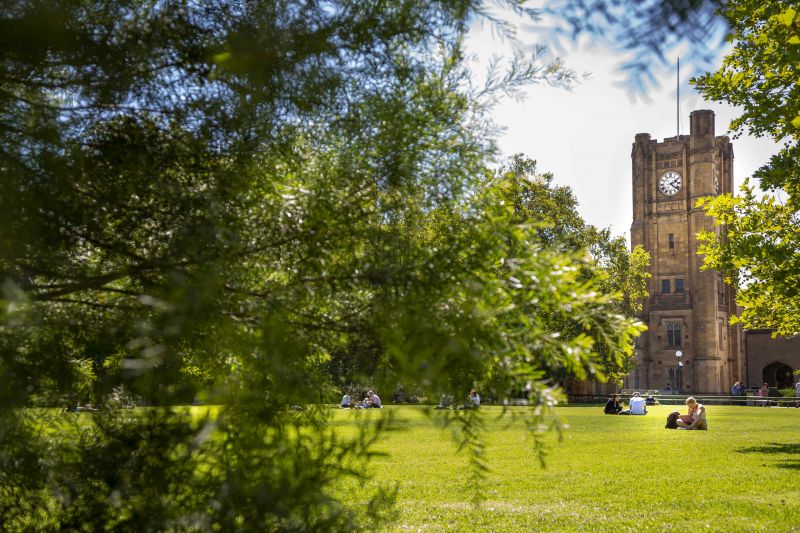Statement in response to the Universities Accord Final Report

University of Melbourne Vice-Chancellor Professor Duncan Maskell has issued this statement following the release of the Universities Accord Final Report.
On behalf of the University of Melbourne, I would like to thank Professor Mary O’Kane and the Australian Universities Accord Panel who have released their Final Report.
The Final Report includes a number of recommendations that are critical to the sector’s success in the next decade. The University of Melbourne is pleased to see its key recommendation adopted by the Accord Panel. Our Accord submission argued for system diversity and this is advocated in the Final Report, including the founding of new institutions, the fostering of more diverse operating models and cross-provision between VET and higher education providers.
The University strongly supports the emphasis on widening participation and we applaud the Panel for its ambition in this area. Widening participation is a shared responsibility between universities and the Government, and considerable investment by Government will be required in order to generate the places needed to ensure that our workforce has the skills it requires.
The University of Melbourne has stated its own ambition to increase the enrolment of students who face barriers to study at university from 10% to 25% of the domestic undergraduate cohort by 2030. This commitment is underpinned by the Narrm Scholarship Program which was announced last year and represents an investment in scholarships and other enrichment activities amounting to $64m per annum by 2030. Around 600 offers have been accepted by Narrm Scholars who begin this week.
The University’s long-held view is that the Job Ready Graduates (JRG) Scheme is poorly constructed policy. We are pleased to see that the Panel has recognised the need to replace JRG and introduce a proper costing model to reflect the true costs of teaching, especially in those disciplines that are expensive to deliver such as engineering and veterinary science.
The University of Melbourne’s Accord submission advocated for: (1) A funding model that would see the full economic cost of research fully funded; and (2) An increase in research funding to 3% of Gross Domestic Product (GDP). The inclusion of recommendations in the Final Report that pick up these ideas is encouraging. The University looks forward to being a willing participant in the process to determine how best to implement both recommendations.
Other recommendations in the report present opportunities for further constructive engagement between the University and the Government.
We are concerned by the recommendation for a Higher Education Future Fund that will require a $5 billion co-contribution from universities’ untied revenues. Taxing universities as they recover from pandemic-induced deficits will take away the money they are investing in education and student experience, creating new knowledge, driving innovation, and providing opportunities and support to underrepresented cohorts of students. In short, a new tax on universities will weaken Australia’s current and future productivity, innovative potential and prosperity.
Similarly, the design and remit of both the National Student Ombudsman and the proposed Australian Tertiary Education Commission (ATEC) will need to be very carefully thought through.
The University will now take time to consider in more detail each recommendation in the Final Report. We look forward to working collaboratively with the Government to advance the best interests of Australia’s higher education sector.